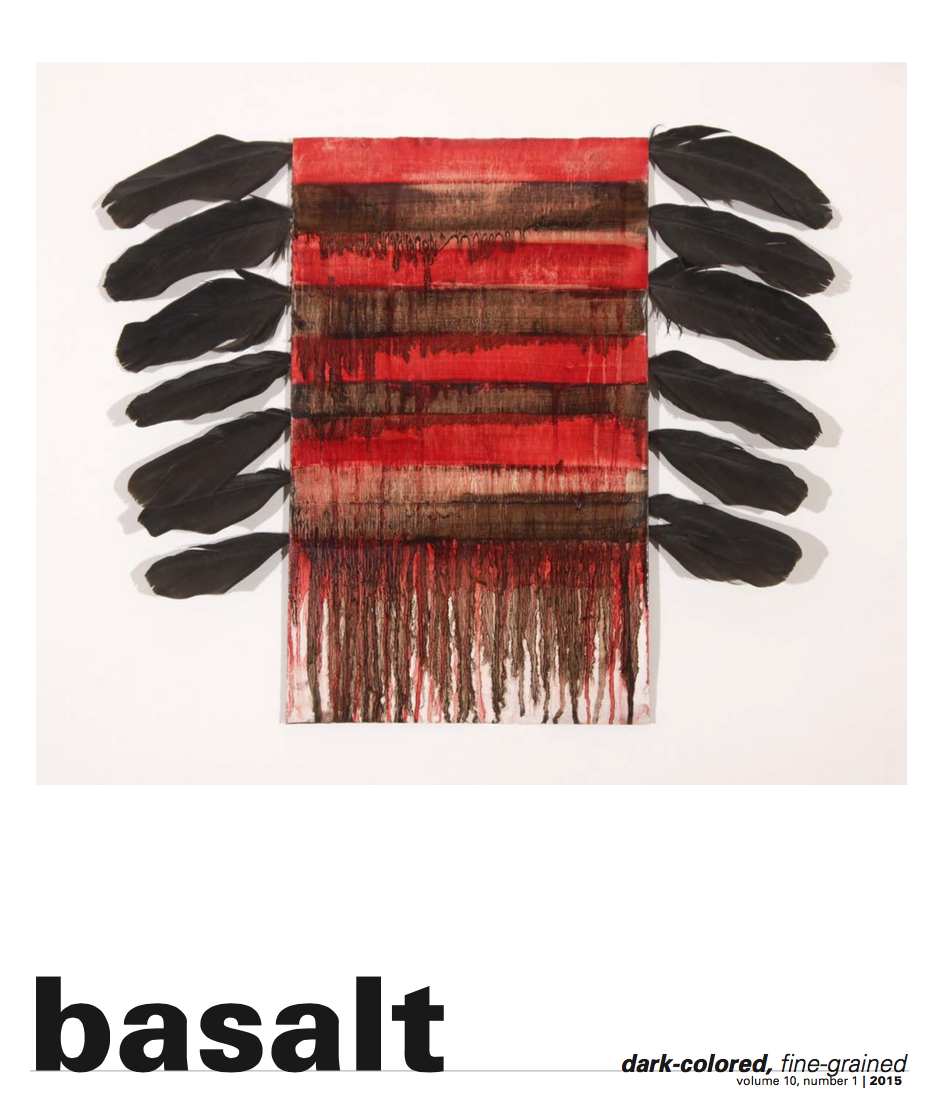Review of Caribou by Charles Wright
Farrar, Straus & Giroux, 2014
by James Crews
On a long flight years ago, the woman next to me kept interrupting my reading of Charles Wright’s Negative Blue: New and Selected Poems (2001) to make polite small talk. 最后,她遇到了一个不可避免的问题:“你是做什么的?” When I confessed I was a graduate student in creative writing, she leaned back in her seat with a smile that said her world made sense again: “I was wondering why a man would be reading poetry on a plane!”
Her assumptions about what I was reading while 35,000 feet in the air are more than a little insulting to men and women and poets alike. I suspect that Charles Wright might be amused by the fact that this older woman had no idea who he was or what kind of poetry he writes. He is, in fact, not a poet for the faint of heart. He offers neither certainties nor quaint images culled from nature, even if the natural world does provide much of his triggering subject matter. Instead, Wright demands of himself and his readers a relentless interrogation of our place and purpose as humans on this planet. But now that he has been named the 20th U.S. Poet Laureate, readers all over the country will be picking up his books, especially his latest collection, Caribou. They will see that Charles Wright is “looking for the one truth,” never once shying away from a close examination of our mortality. Consider the question that opens “Plain Song,” for instance:
Where is the crack, the small crack
Where the dead come out
and go back in?
Only the dead know that, the speechless and shifting dead.
Or the lines that close out “Toadstools”:
Grief is a floating barge-boat,
who knows where it’s going to moor?
Wright’s questions here and elsewhere in Caribou seem less than rhetorical; one gets the sense that he actually does want to speak to the dead, to know what death will be like when it comes. He wants, like most of us, to know (impossible though it may be) when he can expect grief “to moor” in him so he can be prepared for it.
或者说是
He examines the fleeting nature of pleasure and peace in “Lost Highways”:
Sunset is black magic,
and transubstantiational even, if
It touches the right thing at the suddenly right time.
Somewhere under the mixed sky is a vacant tranquility.
Tr
Wright’s poems urge readers to abide with the stillness and uncertainty that can help us to pay deeper attention, to look behind and beyond the “phenomenal world,” as it appears to us. And that is one of the strangest things about this poet’s work: He acknowledges and even seeks out “the beyond,” but does so often only by closely examining clouds and birds and trees, the very subject matter many young poets have been trained to put to rest. But Wright uses the natural world to get at the larger truths, as in “Another Night in the Purcells”:
Whatever we do see starts and ends out of nowhere,
A place we’re familiar with
As we try to look beyond what emendates our lives.
We look for another heaven,
we look for another earth.
Th
Perhaps this annual seclusion is why Wright’s poems often exist on the sidelines of life, looking on as the rest of the “turning world’s” dramas unfold. Or why his meditations are often spoken with ambivalence, a curious mix of both acceptance and detachment. In “Chinoiserie V,” toward the end of the book, he expresses his preference for doing nothing, or next-to-nothing, at least:
Better to watch the light come and the light go through the window.
Better to hear the thunder turn and then return.
Renown is a half-full glass.
Clearly, Wright has never sought “renown,” or even an ounce of fame, and he has confessed in interviews that, if he had his druthers, his name would never be attached to his work. The following passage from “Road Warriors,” however, best summarizes what each of his poems is still “trying” to get at:
Narrow road, wide road, all of us on it, unhappy,
Unsettled, seven yards short of immortality
And a yard short of not long to live.
Better to sit down in the tall grass
and watch the clouds,
To lift our faces up to the sky,
Considering–for most of us–our lives have been one constant mistake.
否
